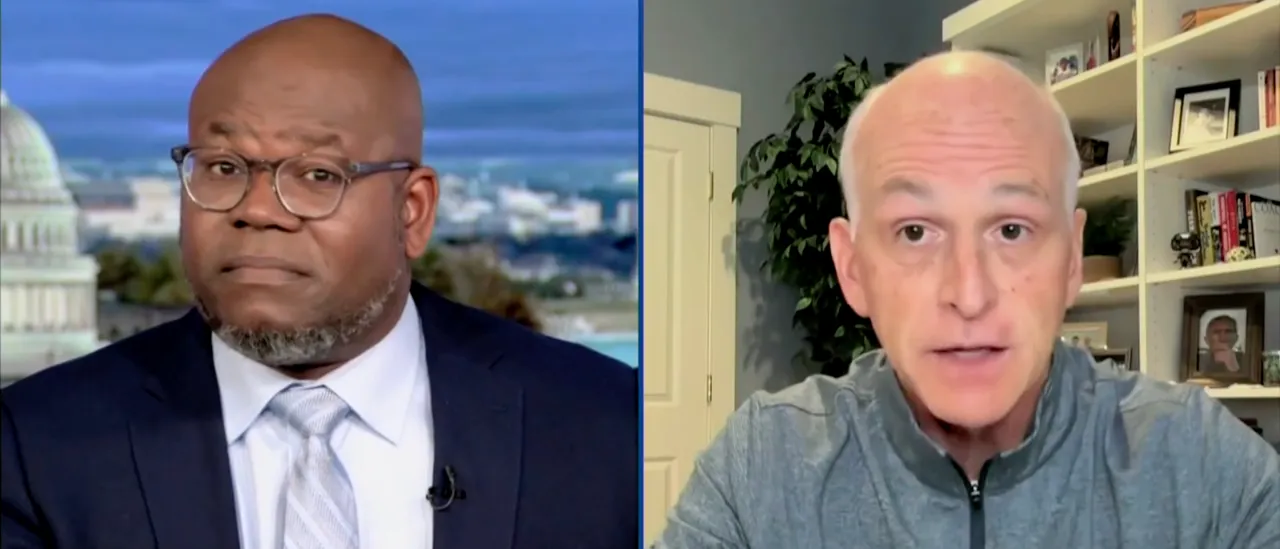To place an obituary with the Pioneer Press, please email the following information to [email protected]. Note that obituary submissions cannot be placed through the website. For any questions, you may contact the obituary desk at 651-228-5263.
**General Information Required:**
– Your full name
– Address (City, State, Zip Code)
– Phone number
– Alternate phone number (if available)
**Obituary Specifications:**
– Name of deceased
– Obituary text
– A photo in JPEG or PDF format is preferred. TIF and other file types are accepted; the staff will contact you if there are any issues with the photo.
– Ad run dates
Note: There is a discount for running an obituary more than one day, but this must be scheduled on the first run date. If a photo is included, it must be used on both days to qualify for the discount. Please contact the obituary desk for more information.
**Policies:**
– **Verification of Death:**
To publish an obituary, the newspaper requires the name and phone number of the funeral home or cremation society handling the arrangements. They must be contacted during business hours to verify the death.
If the deceased’s body was donated to the University of Minnesota Anatomy Bequest Program or a similar program, that program’s phone number is required for verification. Please allow adequate time for contact, especially during limited weekend hours.
A death certificate is also acceptable for verification if provided. Only one of these verification methods is necessary.
– **Guestbook and Outside Websites:**
References to external media sources with a guestbook or obituaries placed elsewhere are not allowed in print or online obituaries. However, a funeral home website or a family email for contact can be included. Please contact the obituary desk with any questions regarding this policy.
**Obituary Process:**
After submitting your information, a proof will be sent by fax or email for your review before publication. The proof will include pricing and scheduled run dates. Please review carefully and notify the staff of any errors or changes before the obituary is published, adhering to daily deadlines. The newspaper will not be responsible for errors after the final proofing.
Changes to an online obituary can be handled through the obituary desk by phone.
**Payment Procedure:**
Pre-payment is required before publication by the specified deadline.
– After receiving and approving the proof, call 651-228-5263 with your payment information.
– Payment by credit card is accepted by phone only due to PCI (Payment Card Industry) regulations.
– Electronic funds transfer (EFT) can be done by providing routing and account numbers by phone.
– Cash payments are accepted at the Pioneer Press front counter Monday through Friday, 8:00 AM to 3:30 PM.
**Rates:**
– Minimum charge is $162 for the first 10 lines.
– Each additional line after 10 is $12.20. Ads under 10 lines will be charged the minimum rate.
– On a second run date, the charge is $8.20 per line starting with the first line.
– Each photo published costs $125 per day.
_For example:_ if the first run date has 20 lines, the cost is $162 + (10 additional lines × $12.20) = $284. For photos, 2 photos on 2 days would be 4 photo charges totaling $500.
**Deadlines:**
Please adhere to the deadlines listed to ensure publication on the requested date. There are no exceptions to these deadlines.
—
**Memoriam (Non-Obituary) Requests**
Unlike obituaries, memoriam submissions are remembrances of loved ones who have passed away. Memoriam rates differ from obituary rates. For more information, call 651-228-5280 or email [email protected].
Hours for memoriam submissions: Monday through Friday, 8:00 AM to 5:00 PM (closed on weekends and holidays).
—
**News Article**
The U.S. Department of Justice (DOJ) has filed a federal lawsuit against the state of Minnesota, the Minnesota Attorney General’s Office, the cities of St. Paul and Minneapolis, Hennepin County, and the Hennepin County Sheriff’s Office over so-called sanctuary city policies. The DOJ alleges that these policies interfere with federal immigration enforcement.
The 34-page lawsuit follows similar actions filed by the Trump administration’s DOJ against other jurisdictions, including Boston, New York City, the states of New York, New Jersey, Colorado, and Los Angeles. These jurisdictions have prohibited local law enforcement from cooperating with U.S. Immigration and Customs Enforcement (ICE) on non-criminal matters, including holding jail inmates past their scheduled release date so immigration authorities can determine if they are wanted on federal immigration warrants.
The DOJ’s lawsuit contains nine counts and claims violations of the supremacy clause of the U.S. Constitution, which establishes that federal law overrides state laws and constitutions.
U.S. Attorney General Pamela Bondi stated, “Minnesota officials are jeopardizing the safety of their own citizens by allowing illegal aliens to circumvent the legal process. This Department of Justice will continue to bring litigation against any jurisdiction that uses sanctuary policies to defy federal law and undermine law enforcement.”
Bondi published a revised list of sanctuary jurisdictions on August 5, highlighting policies she alleges impede federal immigration operations. Few municipal leaders openly identify their communities as sanctuary cities, but the mayors of both St. Paul and Minneapolis have publicly stated that their police departments will not assist ICE agents in identifying undocumented immigrants.
Previously, Bondi released the list in May but withdrew it after criticism for including jurisdictions that supported the Trump administration’s immigration crackdown. In July, the mayor of Louisville, Kentucky, agreed to cooperate with federal authorities by maintaining a 48-hour immigration detainer for certain inmates; Louisville was subsequently removed from the DOJ list. Additionally, Nevada signed a new memorandum of understanding with the DOJ for immigration enforcement collaboration and was dropped from the list.
Since 2004, St. Paul has maintained a “separation ordinance” prohibiting city employees from asking residents about their immigration status or participating in federal immigration enforcement. The goal is to ensure residents feel comfortable accessing public services and reporting crimes.
In response to the DOJ lawsuit, St. Paul Mayor Melvin Carter’s office released a statement reaffirming the city’s separation ordinance as an essential policy that promotes public safety and builds community trust. Mayor Carter said:
“City employees don’t work for the president; we work for the people who live here. We will stand with our immigrant and refugee neighbors no matter how many unconstitutional claims the White House makes. We’ve proven our resolve in two successful court actions already this year, and we look forward to winning our third legal victory in a row against this embarrassing federal regime.”
*Originally Published: September 29, 2025, at 9:52 PM CDT.*
https://www.twincities.com/2025/09/29/doj-sues-minnesota-st-paul-minneapolis-hennepin-county-over-immigration-enforcement/



